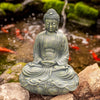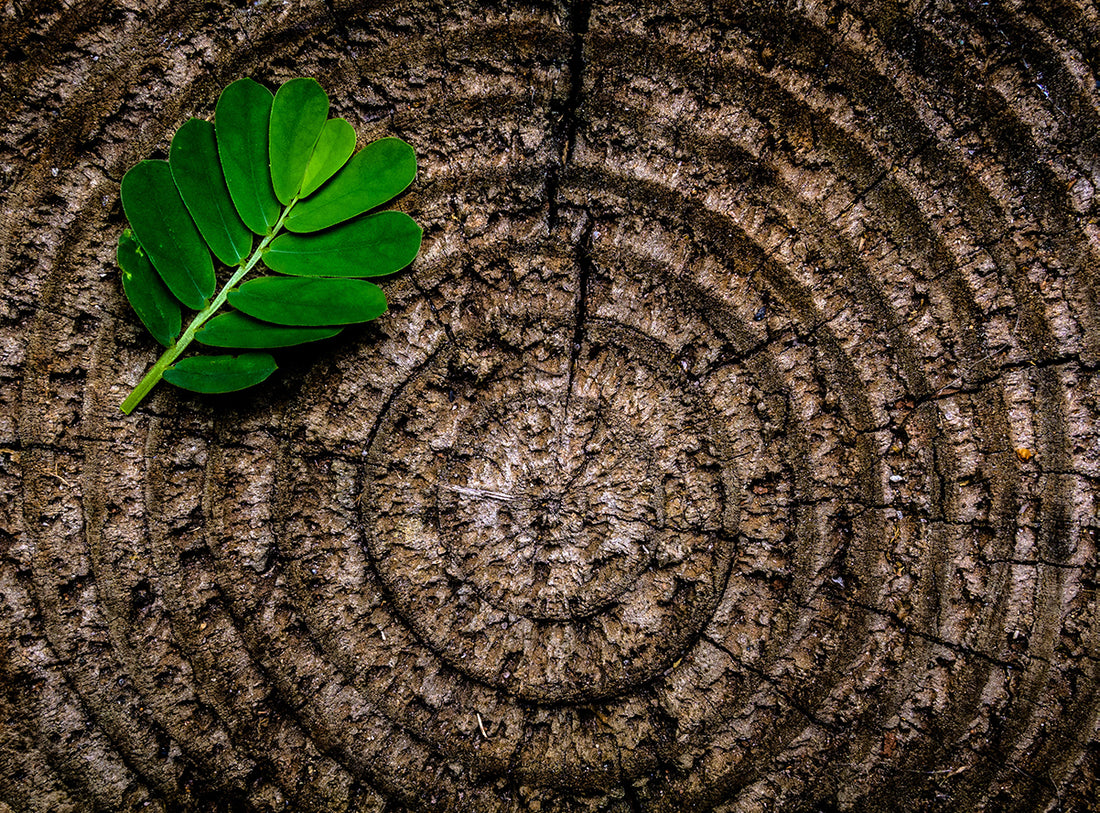Dogen, the founder of Soto Zen in Japan, closes one of his most famous writings (Bendowa, “On the Endeavor of the Way”) with a question-and-answer section. One of the questions asks, essentially, what chance do laypeople have? Monastics can dedicate themselves to zazen and Zen practice completely, with no distractions—how can ordinary people pursue the way when they have so much going on?
Dogen responds like this: “This just depends on whether you have the willingness or not. It does not matter whether you are a layperson or a monk…. Those who regard worldly affairs as a hindrance to buddhadharma think only that there is no buddhadharma in the secular world; they do not understand that there is no secular world in buddhadharma.”
On the surface, this is just good news: this path is accessible to everyone. But what Dogen is saying is more complicated than “Don’t worry about it.” There’s a challenge here.
When he says, “Those who regard worldly affairs as a hindrance to buddhadharma think only that there is no buddhadharma in the secular world,” he’s calling us out. And I do think this applies to everyone—who among us has not felt (if not flat-out believed) that our ordinary lives are somehow separate from the deepest truths and most profound practices this path offers? The first time I visited a monastery, as I passed through the gate, I could feel the passage from one world to another, from the mundane to the sacred. And long before that, the first time in tried meditation, it was the same thing: in this posture and this breath was a kind of bubble, a sacred container I could enter to do the deep work of my life, away from other things. When a phone would ring or the person next to me would sneeze, I would resent being pulled out of that space and into my messy, noisy life. The two were not supposed to mix.
Even after we spend some time in a tradition that tells us our ordinary lives are the path itself, we may not believe it. It’s fun to say, and it sounds so profound, but often we take that kind of teaching to mean that even here, in our normal, unsacred lives, there is a touch of that other thing, that sacred thing. That special thing. And if we look hard enough, maybe we can find it.

According to Dogen, though, that’s not it: “they do not understand that there is no secular world in buddhadharma.” There’s an easy read of this, which is that if there’s no secular world, then everything is sacred. That’s a beautiful notion, one we shouldn’t dismiss too quickly. It’s a starting place, at least—if we can’t just let go of secular versus sacred, then let’s go with sacred. Garbage bags, feelings of irritation, that rude person in the checkout line: all sacred, all sacred expressions of this moment. Try that on for a while. It’s worth the effort.
But beyond that, Dogen is dissolving the very idea that there might be a gap. It’s not that everything has some hidden sacred quality—it’s that everything is buddhadharma. Everything is of that same quality, and that quality encompasses all of it—the stuff we like, the stuff we don’t, the stuff we wish we could ignore, the stuff we don’t think matters at all. (This isn’t the same, by the way, as saying that everything is one, like in the joke where the monk tells the hotdog vendor, “Make me one with everything.” It isn’t a reduction of everything into a single thing—it’s a recognition, by all the various things, of all the various things.)
What does that all mean for us? A lot, probably—it’s almost too big of an idea. But we can start to unpack it by looking at where we perceive that gap to be, which often focuses around the practice itself. Why sit in meditation if it isn’t about something deeper, or cultivating something deeper, than your mind as it is? Why participate in a spiritual community if everything behind those walls is of the same quality as what’s here in front of you, right now? I can’t answer that for you, but I’d offer that the reason we go to those places is for support.
Meditation doesn’t matter because it’s special, it matters because if I can put that much energy into being still and silent and present, into sitting just so and resisting the urge to jump up and check my email or just quit altogether, then I can do that anytime, anywhere. If I can treat something as if it matters that much, then I can treat anything as if it matters that much. Because it does—it all matters the same.
When I visit a Zen center—when I pay attention to how I place my shoes, how I walk, how I chant, and when I see everyone around me doing the same—that feels special, but it’s really just a reminder that, if I don’t make a little effort to remember, I don’t think my life is very special at all. I can always care about how I speak, how I stand. I can always treat this moment as if it matters. I can always offer support and encouragement to the person across from me, wherever I am. I can always be inspired. It’s just that in that room, it’s easy, and outside, it’s hard. So I keep going back to that room. I keep reminding myself.
There is no secular world in buddhadharma. How do we come to really see that? Start where you think there’s buddhadharma, then just expand your gaze.

Author: Koun Franz
Koun Franz is a Montana-born Soto Zen priest who trained, taught, and translated in traditional monasteries in Japan. He is the guiding teacher of Thousand Harbours Zen in Halifax, Nova Scotia; his talks can be found on the their podcast.

The Botanical Print Zabuton, is our newest meditation cushion that is crafted with high quality new fabrics. Enjoy the beauty of our exclusive, richly colored, handmade meditation cushions in your home or yoga studio!

Change your energy with one of our new organic roll on oils. Choose from a variety of scents to find exactly what you need to move forward in your spiritual journey. Each glass bottle contains special ingredients chosen to enhance and strengthen the individual intentions of the bottle.

Shakyamuni, the historical Buddha, sits upon the lotus throne. His hands are held in the mudra of meditation, "the gesture of concentration". Placed on a home altar or other sacred space, it serves as a powerful reminder to awaken the limitless compassion and wisdom that is our true nature.

The Velvet Zabuton Set is part of our newest meditation cushion collection, where traditional zafu and zabuton designs are made with contemporary fabrics. A beautiful addition to your home, meditation center, or yoga studio space!

